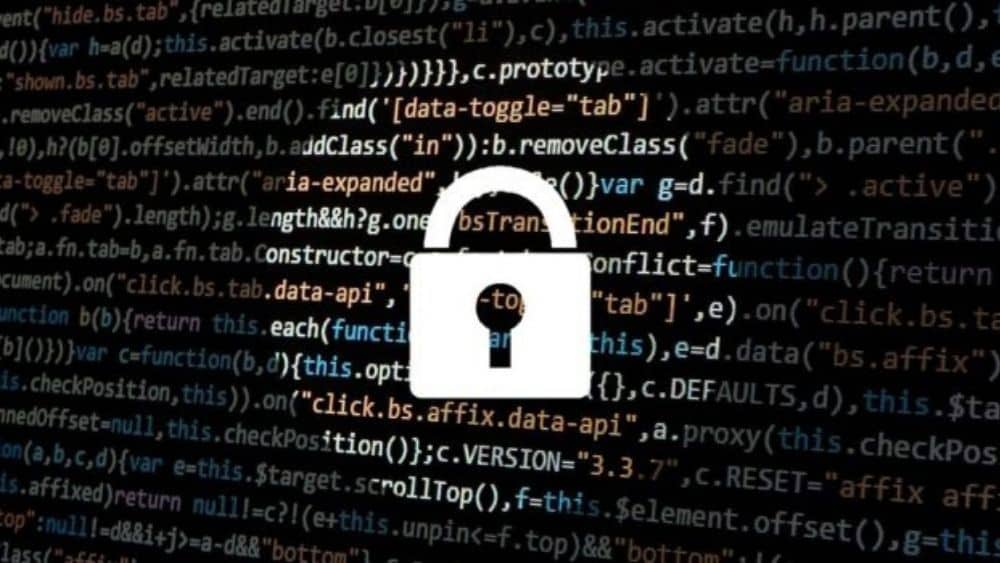
It’s quite a shame that even during the darkest hours in history cybercriminals seem to turn every opportunity into their personal playgrounds. But, it’s time to purge out these atrocities and focus on what we (the common man) can do to stay cyber safe.
The COVID-19 breakout has managed to set out a series of emotions running wild among the people of the world. Anxiety, paranoia, and a defeatist attitude are carried on our sleeves. But, how is that related to cyber-attacks?
It is because of the pandemic, and our most innate human tendencies to panic that ignite the spark of cyberattacks to strike, and well…hit gold. Many cybercriminals are taking more than an active opportunity to make times like this count. You’ll be surprised to know that there is more than one way for you to be tricked or “phished” along the way. But, again, what are we doing about it? Or, how can it be avoided?
In this article, I’ll be highlighting in very simple terms the kinds of scams or cyber attacks that take place and have already taken place during the COVID-19. Furthermore, I’ll also highlight ways to incorporate cyber safety measures during cyber-attacks by showing you how to identify them, and ways to handle it if ever a victim.
What kind of cyber-attacks are we looking at during the pandemic?
The thing about cyber-attacks is that it strikes from every angle, regardless of who you are or what greater good you’re a part of during these trying times. The most common cases are targeted towards the masses staying at home, working remotely, or even towards bigger leagues like hospitals. The kinds of attacks we’re looking at mainly revolve around:
- Phishing attacks (containing tips and latest pandemic news with an authentic/known file name attached)
- Live world maps
Below you’ll see how it strikes.
· Economical crises
It puts a big dent in the economy even more than it already is; affecting multiple businesses big or small and health care systems worldwide. Now, we can’t stop what’s already a part of collateral damage but can alter its course slowly but surely. Online banking is a part of our future more than it ever was in the past, and it is extremely scary to know that if necessary cybersecurity precautions aren’t taken, it can burn a bigger hold in your pockets!
· Malicious attacks
It is a fact that everyone is looking for ways to stay safe during times like these; means that you’ll just about click on any link.
You might’ve received certain emails or messages containing links to “New guide/latest news of the pandemic or prevalence of infections by the Ministry of Foreign Affairs”. And, without thinking twice, you click on it. And, in no time, things can go very wrong, sending viruses throughout your device. It’s wise to also consider being cyber safe among other things.
The thing is, this article cannot relate to the bigger cases, but can help out a few who might be targeted in the future; mainly while staying home. I’m not saying that the rate or kind of attacks have changed during the COVID-19 as compared to the ones before it, but rather the fact that it’s much easier now for cyber-criminals to succeed.
· Healthcare sectors
Hospitals or healthcare units have always been in line of cyber-attacks from the very start. However, what makes things twice as difficult is the fact that our healthcare staff is working round the clock; tired and over worked. This automatically makes them easy targets. Everyone’s connected to the internet and sometimes inter-connected to one unit within the hospital.
Cyber-attacks such as data breaches, man in the middle attacks or malware are at the highest rate since the COVID-19 breakout.
· Child manipulation
Since everyone is asked to stay home during the breakout, parents are having a hard time keeping their kids entertained and sane all the time. Kids do get bored and especially when at home. So, most parents allow their kids to stay glued to their screens for hours, and I’m not saying I blame the parents; it just puts the kid at risk when un-supervised.
This isn’t just about a kid as young as 5, but also relates to the teens, who might often sexually exploit themselves online towards their friends or better halves, thinking it’s safe. It isn’t, and everyone in the world is under heavy surveillance or being monitored, not only by your ISP or the government, but worse; cyber-criminals.
· Remote workers
Long story short, you’re carrying all the important data from your workplace (a secured area) to the comforts of your home (not secured). There are so many reasons and ways for cybercriminals to infiltrate your devices, hacking into your systems through simple scam links, stealing, sharing or deleting your data.
How to identify a scam that’ll lead to a cyber attack
There are countless times where the majority of us click on links without thinking twice, and at times I don’t blame you. Some links that we receive are often put together to look authentic; posing as official and government emails.
But, there are ways to identify or at least begin to get suspicious about the activities you carry out online, the unknown numbers you receive, the scammy links you click on and even the apps you download. Below you’ll find certain tips on how to stay cyber safe by identifying or telling apart a scam from the real thing.
-
When a stranger calls!
If you ever receive a phone call from an unknown number, make sure you get a real close look at the digits. It’s one thing to answer calls with no name tags, but it’s another thing to receive the ones that have a very weird scheme of digits or lack digits. Don’t answer them! If it’s important, you’ll receive a follow up text or email.
-
Here Phishy Phishy!
If you think there’s something phishy about this link, then don’t click on it! It doesn’t matter if it’s related to the latest COVID-19 outbreak. If it were important, you’d hear about it already. There are so many websites, one of them being Forbes.com, which have a detailed list of all the websites and IDs that could possibly be scams.
-
Control your ‘App’-petite!
Where downloading apps are concerned, cyber-criminals take this as an opportunity to create security software tools for you to download, so you can keep your device and data “cyber-safe” during the pandemic. They’re just waiting for you to provide your personal details and strike at any time. There’s no rocket science in identifying an authentic app from a scam. Like they say old is gold, so, always go for something that has already been running in the industry.
How to stay cyber-safe during the pandemic – A Guide
Now that it’s a little clear that you could be a victim to cybercrimes from wherever you are, how exactly do you take necessary precautions against it? Below, you’ll find a couple of ways to take cybersecurity measures seriously, even if you’re working remotely. We begin with:
-
Don’t click it!
Stay “woke” about the various and enormous flood of Corona Virus emails, text messages, Facebook posts etc. that go swirling and circulating from your doorstep to the next. No matter how authentic a post maybe, just don’t click on it without doing a little background check.
-
Reports mysterious emails/ websites!
Since the COVID-19 pandemic, almost everyone is receiving emails that are addressed from ID’s and links pretending to be from “WHO”. If you receive one, report it immediately so that further measures be taken. You have live news and Google for all the latest news, use the most reliable sources.
-
Update your devices
Update the apps you use on your devices, be it a VPN or a malware blocking software. Regular updates on your system can help you a long way.
-
Double-factor authentication
Make sure that all your online accounts, social, banking, or email, are all set around two factor authentication. This eliminates the chances of anyone hacking into your accounts. When working from home, you automatically become more susceptible to cyberattacks.
-
Pack light
When working from home, don’t carry large files along with you. Hackers take advantage during this time, knowing that home online security is much frailer as compared to an office or industries setting. Keep it limited and light.
-
Knowledge is power
Lastly, educate everyone on why staying cyber safe is more of a necessity than an obligation. If you have tips or the knowledge around these sensitive issues, always spread the word. The more aware the person is regarding the urgent need of cyber-security measures; the better it is for everyone.
To conclude
Always remember, the world has to fight the COVID-19 together, and it’s understandable that while staying home, all sorts of paranoia can trigger off. During times like these, always remember that you can’t stop the inevitable from happening, but you sure can control other criminally obstructing things from taking place. Take it one day at a time and learn how to beat cyberattacks wherever you can, and stay cyber safe with the best security measures!




